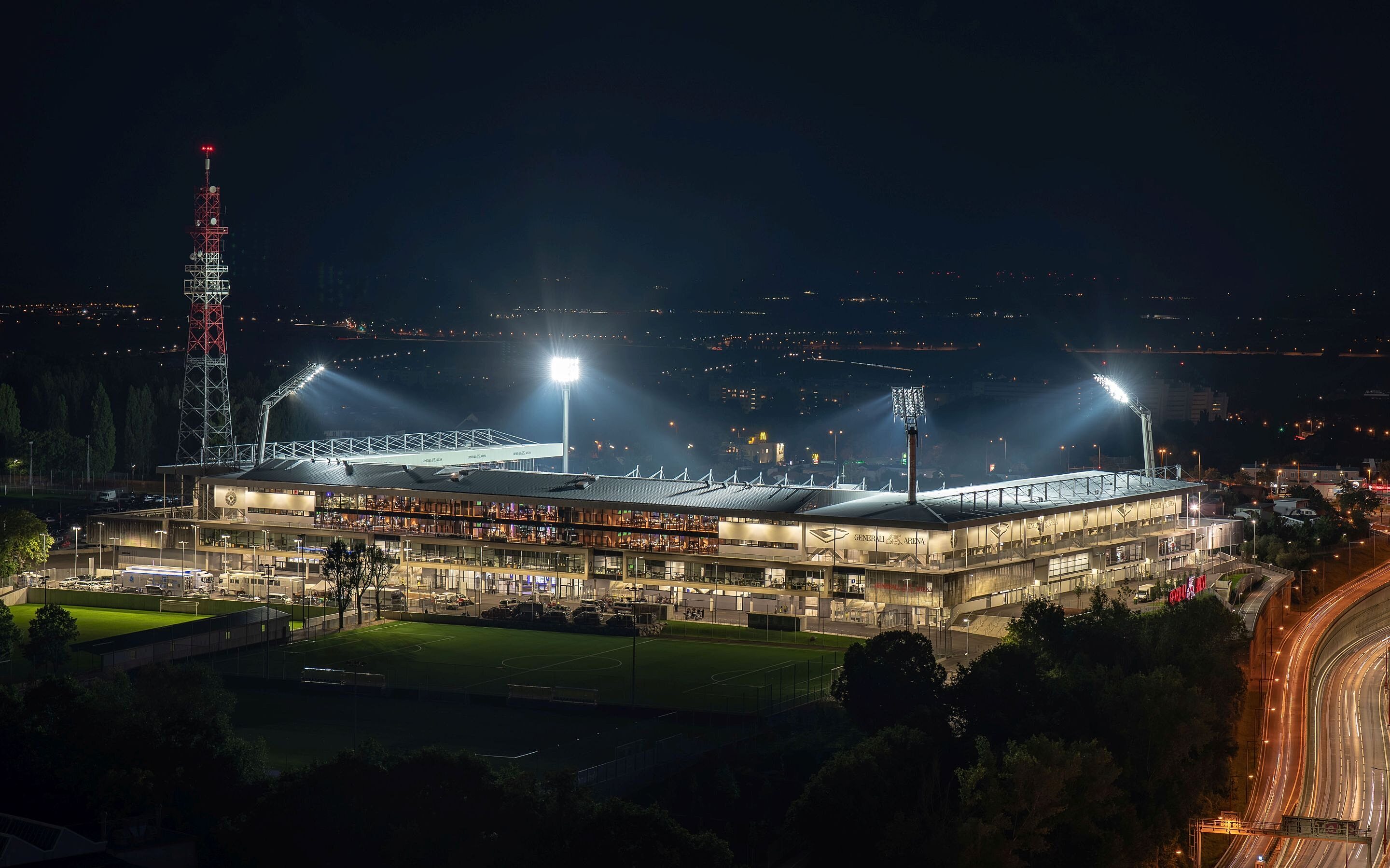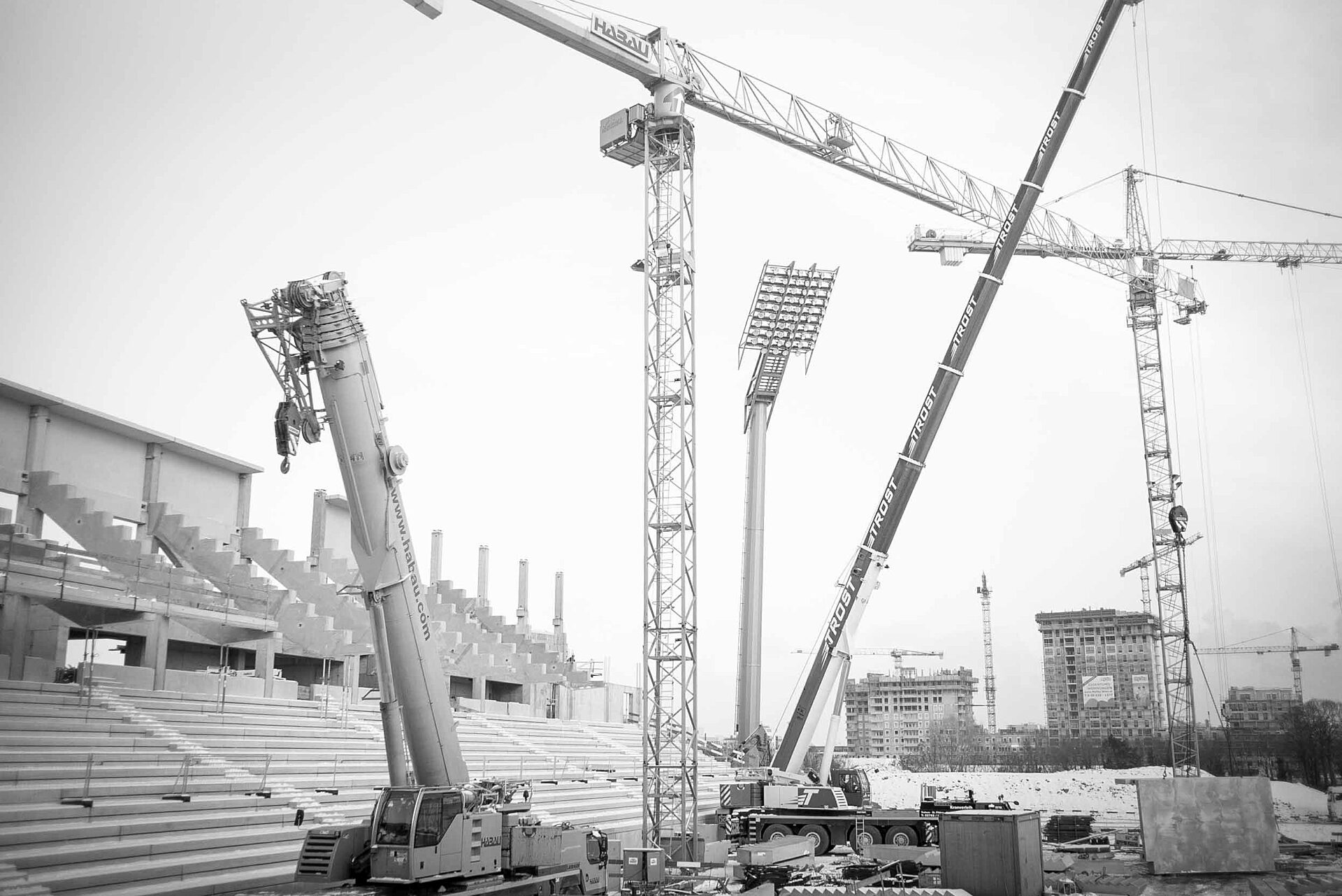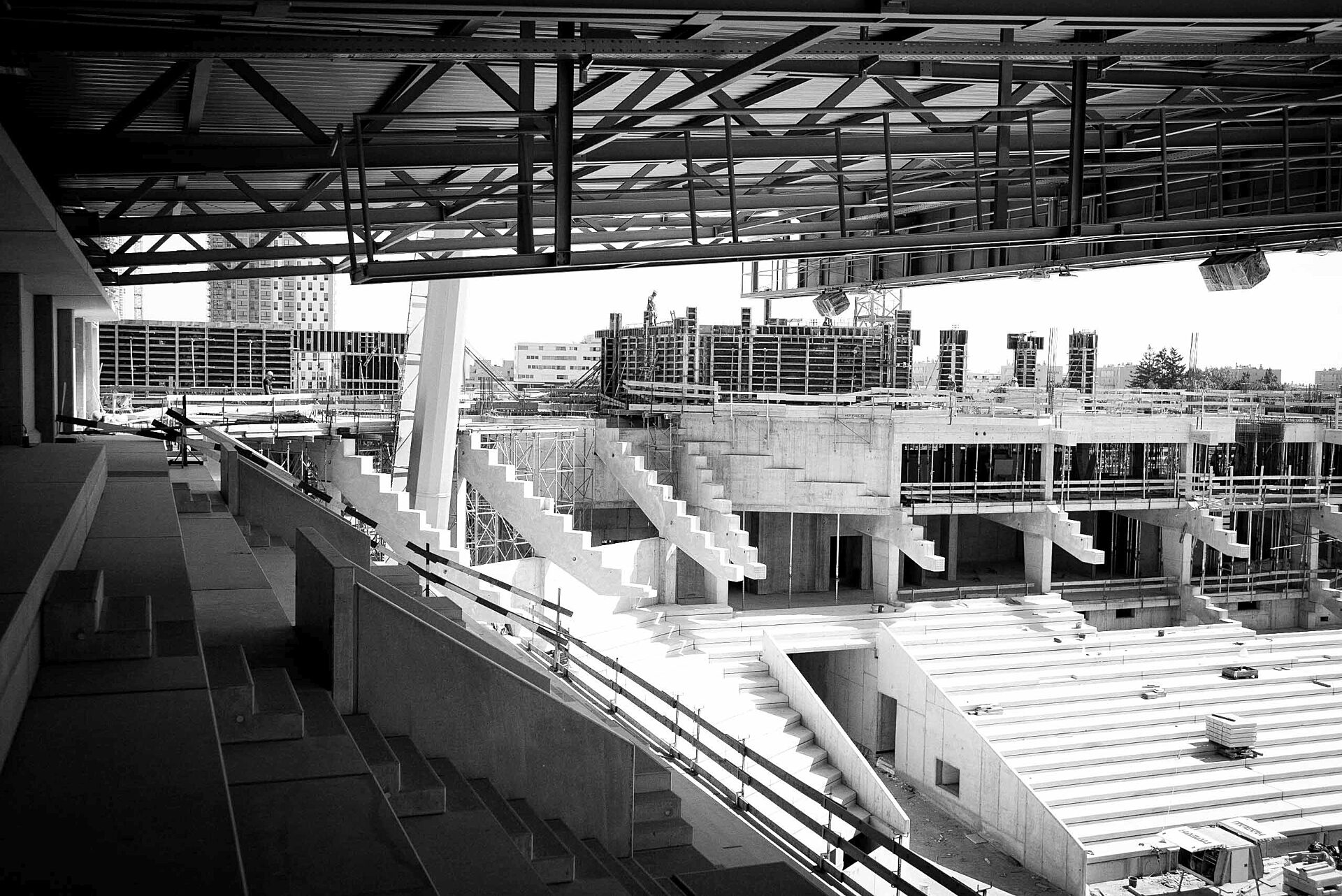 Home
Home
Sustainability
Climate protection & sustainability at the Austria Stadium
Austria not only obtains 100 percent of its electricity from renewable sources in its new stadium, but also generates a significant portion of it itself. As part of the new sustainability report, among other things, electricity and water use, as well as waste management, were critically evaluated and the total greenhouse gas emissions of the soccer club were determined.
As a large soccer club (total revenue of €38.763 million in the 2018/19 season) that regularly holds large events and manages numerous indoor & grass pitches, Austria consumes natural resources & causes greenhouse gas emissions to a not insignificant extent. As Austria Wien has seen itself as a pioneer in climate protection for many years, the new Generali Arena was therefore built based on numerous sustainability criteria.
Electricity: 100% renewable & 13.6% self-generated
In order to make the electricity consumption in the Generali-Arena (2,216,093.7 kWh in the 2018/19 season) sustainably compatible, Austria obtains 100% of its electricity from renewable sources. With the photovoltaic system installed on the roof of the new North Stand, the club generated 273,601.7 kWh in its first year, around three quarters of which was consumed directly in daily operations, with the remainder fed into the public grid. Austria thus generates 13.6 percent of the electricity it consumes at the Generali Arena itself. In the Austria Academy, which was also newly equipped with a photovoltaic system, this share is as high as 22.2 percent.
The CO2 savings from the two systems amount to 138.197 tons (07.07.2018 to 23.03.2020).
Measures for waste reduction & water management
Due to the irrigation of nine soccer fields (including junior academy, women's soccer & Special Violets), Austria Wien consumes a relatively large amount of water (19,985 m³), of which, however, only about 20% qualifies as wastewater. To reduce water consumption, rainwater is collected in six cisterns of 20,000 liters each. In addition, waterless urinals have been installed in the North Stand.
Especially on match days - 159,963 fans attended the 16 Bundesliga home games in 2018/19 - a lot of waste accumulates. 82.06 tons of residual waste & 6.534 tons of scrap metal were disposed of by the stadium administration last season. Paper, metal, waste glass and packaging are collected and recycled separately, for which no exact figures are available. In order to sustainably reduce waste, a returnable cup system was introduced at the new Generali Arena. At the entrances, Austria employees placed recycling bins from ARA (Altstoff Recycling Austria), where stadium visitors can separate the packaging they bring with them (PET bottles, beverage cans).
Climate management & electric drive
The Generali Arena is heated exclusively by district heating. To keep district heating consumption (2,245,421 kWh in 2018) as low as possible, Austria relies on efficient climate management & a high thermal quality of the building envelope as well as good thermal insulation in the new stadium. In order to limit diesel consumption, Austria has already converted two of its own machinery fleet vehicles to electric drive. Equipment such as leaf blowers has also already been converted from gasoline to battery operation.
The calculations of greenhouse gas emissions resulted in 24.9 (Scope 1: diesel consumption of equipment excluding employee fleet) and 610.9 tons of CO2 (Scope 2: electricity and district heating consumption). The goal for the next Sustainability Report is a more complete presentation of the greenhouse gas balance, including the indirect emissions from Scope 3, which take significantly more time to calculate.
Austria Wien has been a pioneer in sustainability and climate protection for many years and as such has also been a member of respACT for several years. In 2015, Austria Wien was the first soccer club in Austria to publish a sustainability report. Five years later, all key topics relating to sustainability, corporate social responsibility (CSR) and climate protection have now been integrated into the annual report for the first time. The report was prepared in accordance with the standards of the Global Reporting Initiative (GRI).


